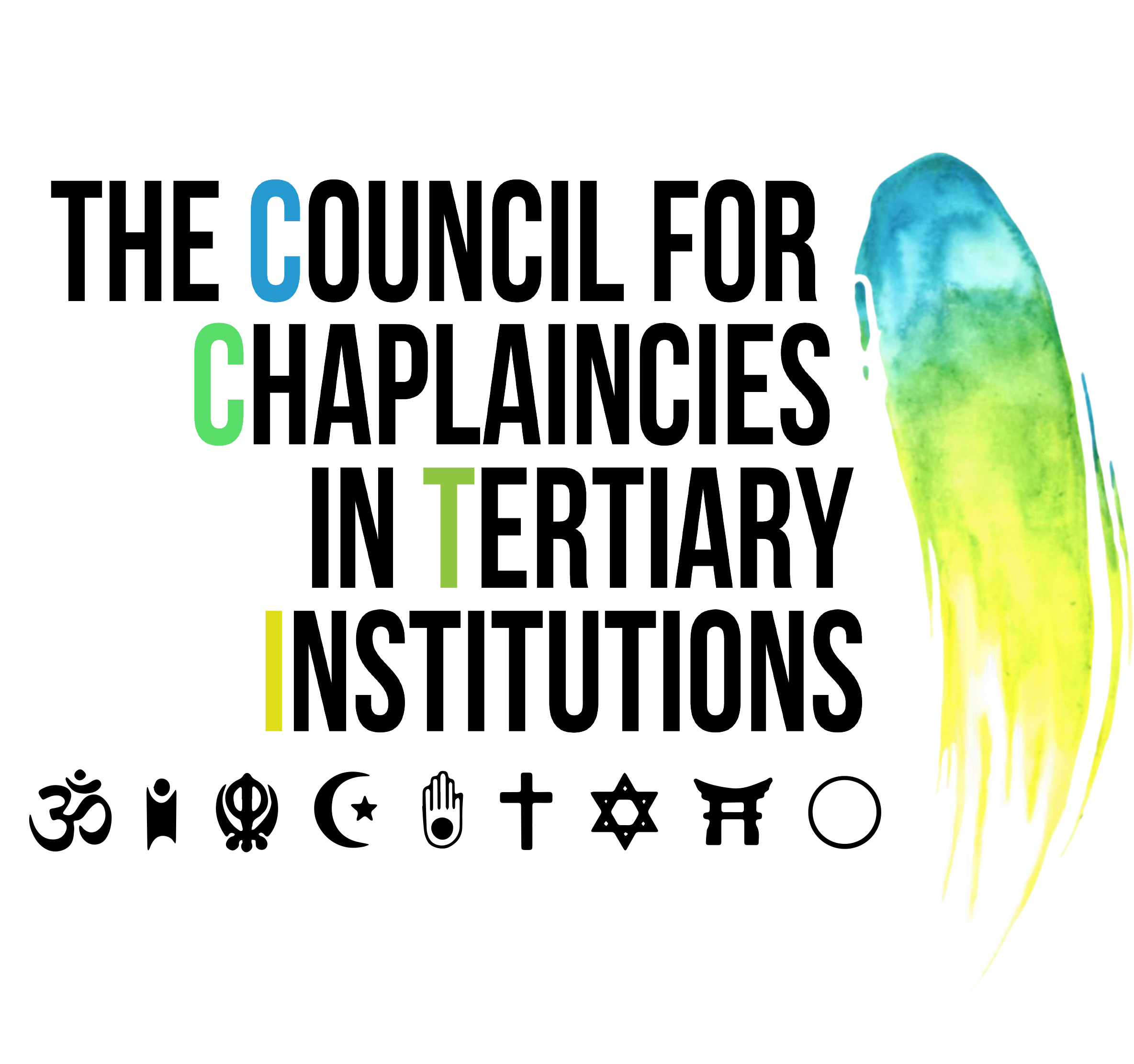About Our Chaplains
The work of a tertiary chaplain is usually much less structured than for religious leaders of local faith communities where the organization and conduct of public worship, teaching, and pastoral care assume major importance.
It also differs from the work of a school-based chaplain, given that there is usually no regular class teaching. Universities are large, complex multi-campus global educational communities - with many potential networks for spiritual, pastoral, cultural and teaching-learning activities. So, much of the chaplain's work is via networks for ongoing conversation with individuals and small groups for study and discussion; addressing meetings or engaging in public dialogue at university-based conferences and teaching/tutorial seminars. Some chaplains are also engaged in research and adjunct teaching of significance to faith groups and the university alike.
Chaplains may occasionally/regularly offer worship and prayer services for students and staff who seek them. They also provide regular counseling, spiritual direction/mentoring and friendship. Chaplains need to have a deep and enduring interest in students and staff, to respect the ideals of academic study, teaching and research, and be aware of (and where possible) involved in student and staff concerns. While it is expected that chaplains will represent their own faith bodies, their work should be principally focussed on using their special gifts to minister to the needs and development of all those who are studying and working at their tertiary institution.
Most chaplains are religious leaders who are ordained, or members of a religious community. While this is not a requirement for chaplaincy, CCTI will normally consider accrediting only persons with appropriate theological training and a recognized tertiary qualification which has given them experience of studying at a tertiary institution.

